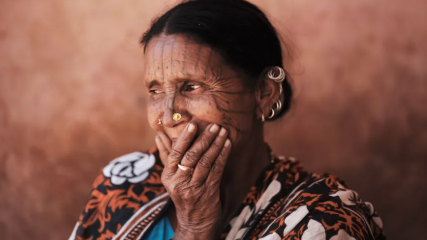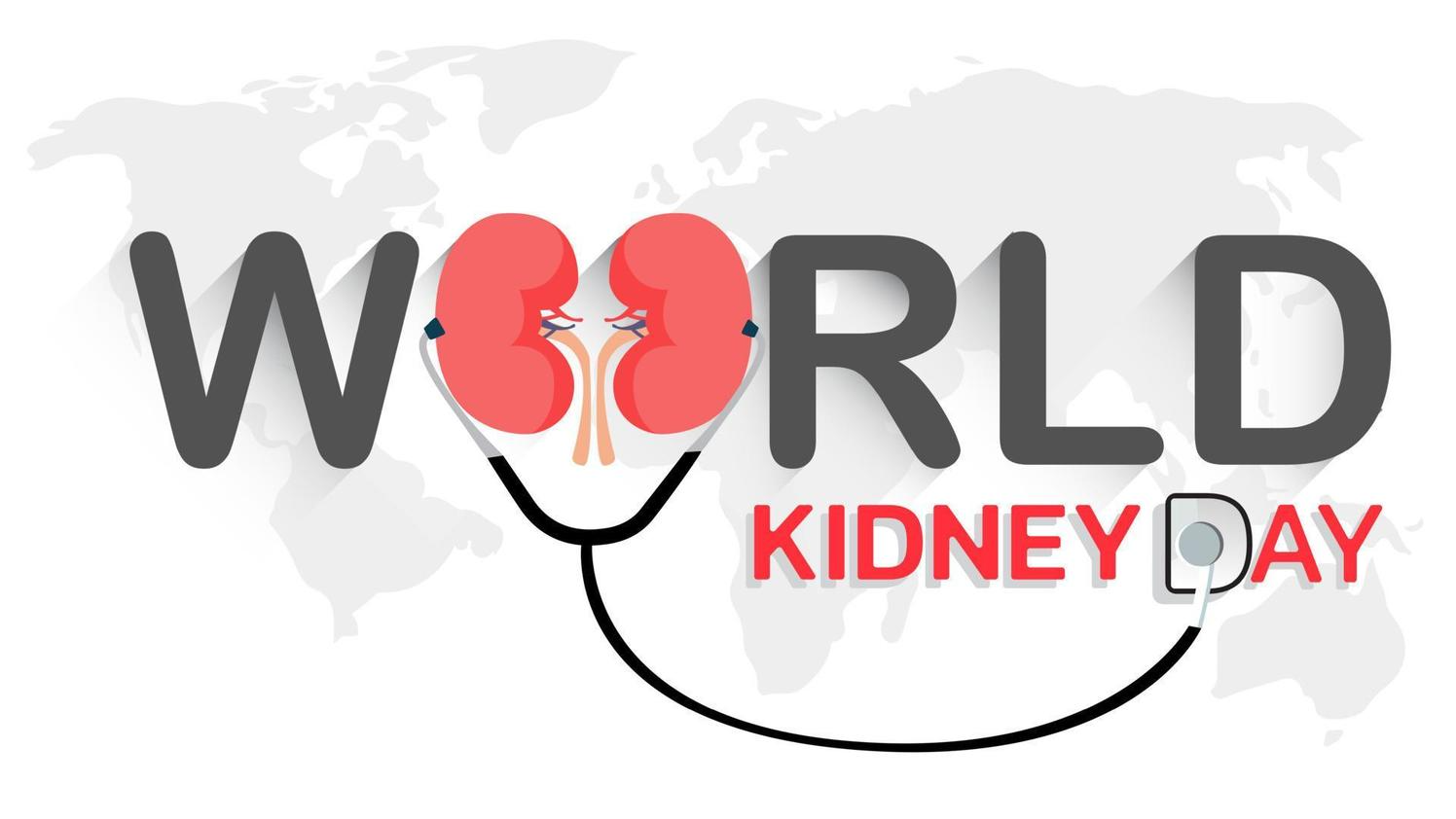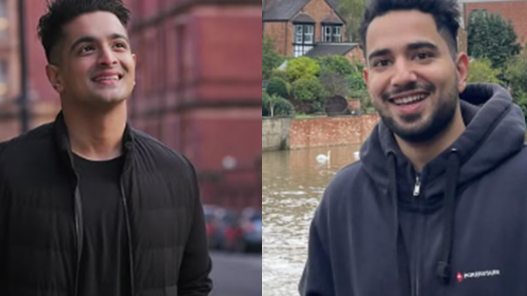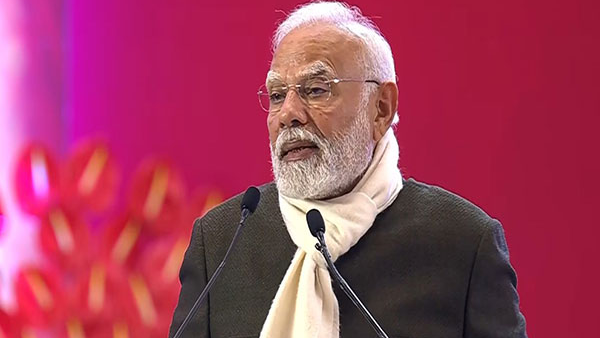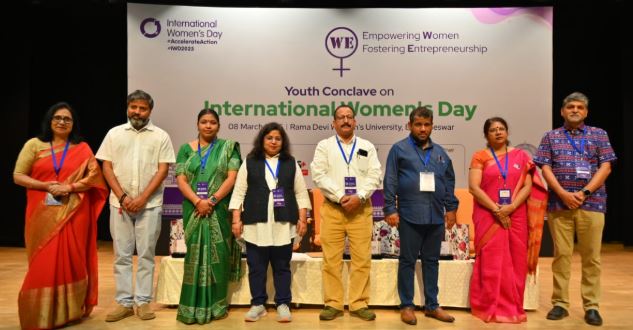It was a desperate gamble for Lovepreet and her ten year old son for a better life in the US. She and her child took a risky journey, selling everything, borrowing heavily, all for that high at something better across the ocean. Lovepreet, like many others, fell prey to smooth-talking agents who lure you to an easy US entry. She shelled out that staggering sum, believing she was buying a first-class ticket to a new life. Instead, what she got was a 25-day nightmare, a treacherous "dunki" route – that's local slang for illegal and often dangerous immigration paths – and ultimately, deportation.
On January 2nd, with full of hope, Lovepreet and her son set off. The agent had promised a direct route to the US. Reality hit hard and fast. Instead of a direct flight to opportunity, they were put on a wild goose chase through multiple countries. First, Colombia, then El Salvador, then a grueling three-hour walk to Guatemala, taxis to the Mexican border, and finally, after two days in Mexico, they crossed into the US on January 27th. Imagine the sheer exhaustion, the fear, especially with an cute innocent child in tow.
But reaching the US border wasn't the promised land either. US authorities were waiting. Lovepreet and her fellow travelers were detained. Suddenly, they were stripped of their phones, even jewelry. Lovepreet had already lost her luggage somewhere along the chaotic journey – imagine the sense of being utterly stripped bare. Five days in a detention camp, and then the real shock: deportation.
Lovepreet recounts the dehumanizing 40-hour military flight back to India. No information, just silence and uncertainty. Landing in Amritsar was a brutal awakening. Dreams shattered. A million rupees gone. A huge family loan looming. Instead of relatives in California, Lovepreet was back in her village, facing debt and despair. All for a "better future" that turned into a cruel mirage.
Lovepreet's story isn't just about one woman's misfortune. It throws a harsh light on the murky world of illegal immigration and the agents who profit from people's desperation. She and her family, owning just 1.5 acres of land, represent countless others lured by false promises. Her plea is simple and powerful: the government must act against these "criminals" and help victims recover their stolen money. Looking ahead, Lovepreet is lost, her son's future uncertain. She clings only to the hope of justice, a hope that others won't suffer the same fate.
Headline: Silent Suffering: Why Illegal Immigration Agents Thrive While Victims Stay Mum
Lovepreet's case is just the tip of the iceberg. The government, even at high levels, knows about these agent rackets. Ministers make promises to act. But on the ground, it’s often business as usual for these agents. Why? Because victims often don't file police reports, or FIRs..
Remember: Nicaragua-bound flight case where over 300 Indians, many from Punjab, were packed onto a plane, heading towards a risky illegal entry into the US. French authorities grounded the flight, and everyone was sent back. Punjab Police formed a special team to investigate. They reached out to over 150 passengers. Guess how many filed complaints? Just two. Two out of hundreds.
Why this silence? Police officials say it's complicated. Some victims fear complaining might jeopardize any chance of getting some money back from the agents – a catch 22 situation. Others bizarrely claim they were genuine tourists going to Nicaragua, despite all evidence pointing to illegal immigration. It's like denial on a massive scale.
In the Nicaragua case, only after two FIRs were filed in Amritsar did police arrest one agent, Tarsem Singh. But for every Tarsem caught, there are likely many more operating freely. Gujarat Police are still hunting for the alleged "mastermind," a Canadian citizen named Pali, suspected of running a vast trafficking network spanning India and West Asia. They estimate the operation to be worth a staggering 300-325 crore rupees. People were charged anywhere from 70 lakhs to over a crore, based on the promises made – jobs, US entry assistance, the whole package of lies.
Police say for years, even when deportees return from the US, most victims stay silent. Since 2010, over 1200 deportees from Punjab alone, and hardly any complaints against the agents. Even when FIRs are filed, cases often fizzle out because victims often reach private "compromises" with the agents – maybe a partial refund, maybe just threats withdrawn – and police are forced to close the cases. It's a vicious cycle of exploitation and silence.
So, why this reluctance to speak up? Maybe shame? The stigma of being deported? Fear of agents and their networks? Or perhaps a lingering, however faint, hope of trying again someday, not wanting to burn bridges with the very agents who cheated them? Whatever the reason, this silence is a major hurdle in tackling illegal immigration. It allows these agent networks to thrive, preying on the vulnerable and desperate, shattering dreams and ruining lives, like Lovepreet's..
- Victim Blaming: Some might argue Lovepreet and others were greedy, trying to bypass legal channels, and bear some responsibility. However, this ignores the desperation driving people, the sophisticated deception of agents, and the systemic failures that push people towards illegal routes. Blaming victims ignores the predatory nature of these crimes.
- Government Inaction: While police face challenges, the government is aware and makes statements. Not enough being done to dismantle these vast networks? Are penalties for agents strong enough to deter them? Is there enough support for victims to encourage them to come forward and seek justice? Perhaps the government's approach needs to be more proactive and victim-centric.
- Focus on Agents : Focus on agents' deceit. Find out, are there deeper socio-economic issues driving demand for illegal immigration? Lack of opportunities in India, the allure of the "American dream," and global economic disparities all play a role. Addressing these root causes is crucial for tackling agents.
Lovepreet’s story and the broader issue of silent victims highlight a deeply troubling reality. The lure of a better life abroad is strong, and unscrupulous agents exploit this desperation with devastating consequences. Breaking the cycle of silence is key. We need stronger victim support systems, stricter action against agents.













